Thermal Bridging

In the quest for optimal energy efficiency within commercial buildings, understanding the concept of thermal bridging becomes indispensable, especially in climates experiencing a wide range of temperatures throughout the year, such as Greensboro, NC. This phenomenon, often overlooked, can significantly impact your building's heating and cooling efficiency, directly affecting your HVAC system's performance and your energy bills. Let's dive into what thermal bridging is, its implications for commercial properties in Greensboro, and how to mitigate its effects for enhanced HVAC efficiency.
What is Thermal Bridging?
Thermal bridging occurs when heat transfers across more conductive materials in the building envelope, bypassing the insulation layer. This can happen at various points in a structure where insulation is either absent or interrupted by materials with high thermal conductivity, such as metal fasteners, concrete, and steel frames. In essence, thermal bridges create a pathway for heat to escape in the winter and enter in the summer, undermining the building's overall energy efficiency.
The Impact of Thermal Bridging on Commercial HVAC Systems
For commercial properties in Greensboro, where temperatures can vary significantly between seasons, thermal bridging can lead to several issues:
- Increased Energy Consumption: Thermal bridges allow heat to enter or escape more easily, forcing HVAC systems to work harder to maintain desired temperatures. This not only leads to higher energy bills but also increases the carbon footprint of your building.
- Uneven Temperature Distribution: Areas affected by thermal bridging may experience cold spots during winter and hot spots during summer, leading to discomfort for occupants and potential complaints.
- Condensation and Moisture Problems: Thermal bridging can cause surface temperatures to drop below the dew point, leading to condensation. Over time, this can result in mold growth and structural damage, necessitating costly repairs.
Strategies to Mitigate Thermal Bridging in Greensboro, NC
Mitigating thermal bridging is crucial for enhancing the energy efficiency of commercial HVAC systems. Here are practical strategies that property managers and owners in Greensboro can implement:
- Comprehensive Insulation: Ensure continuous insulation across the entire building envelope, including walls, roofs, and floors. This involves addressing common thermal bridging points, such as balconies, wall ties, and junctions between walls and roofs.
- Thermal Breaks: Incorporate thermal breaks into the building design. These are materials with low thermal conductivity placed between two high-conductivity materials to reduce heat transfer. For example, using insulating materials in the framing of windows and doors can effectively minimize thermal bridging.
- Energy Modeling: Utilize energy modeling software to identify and assess the impact of thermal bridges. This can guide the design or retrofitting process by highlighting areas where thermal bridging can be reduced.
- Quality Construction Practices: Employ construction methods that minimize thermal bridging, such as using insulated structural systems and ensuring that insulation is properly installed without gaps.
- Regular Maintenance and Inspections: Conduct periodic inspections to identify any areas of the building that may have become vulnerable to thermal bridging due to deterioration or damage. Promptly address these issues to maintain the integrity of the building's thermal barrier.
Conclusion
Thermal bridging is a critical factor affecting the energy efficiency of commercial buildings in Greensboro, NC. By understanding and addressing this phenomenon, businesses can significantly enhance the performance of their HVAC systems, reduce energy consumption, and improve the comfort of their buildings' occupants. Implementing the strategies discussed above will not only lead to a more sustainable operation but also contribute to substantial financial savings over time.
For expert advice on assessing and mitigating thermal bridging in your commercial property, consider consulting with a local HVAC professional like SBS-NC, LLC who specializes in energy-efficient solutions for the unique climate of Greensboro, NC. Together, we can make our buildings more efficient, comfortable, and sustainable. Call us today!
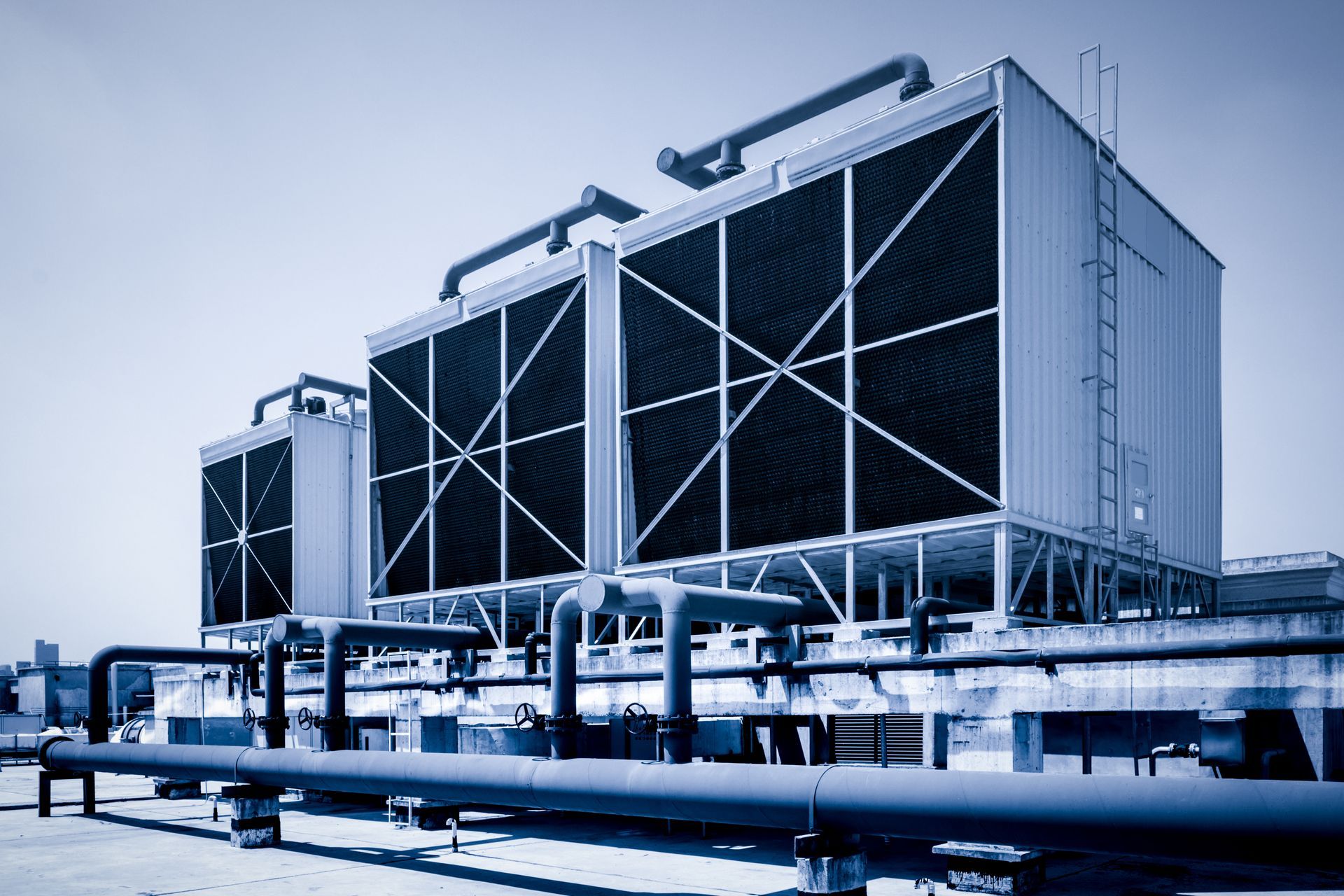
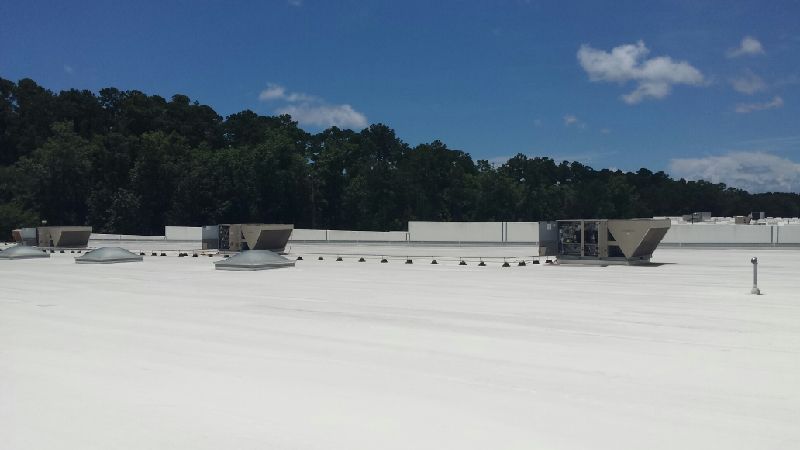
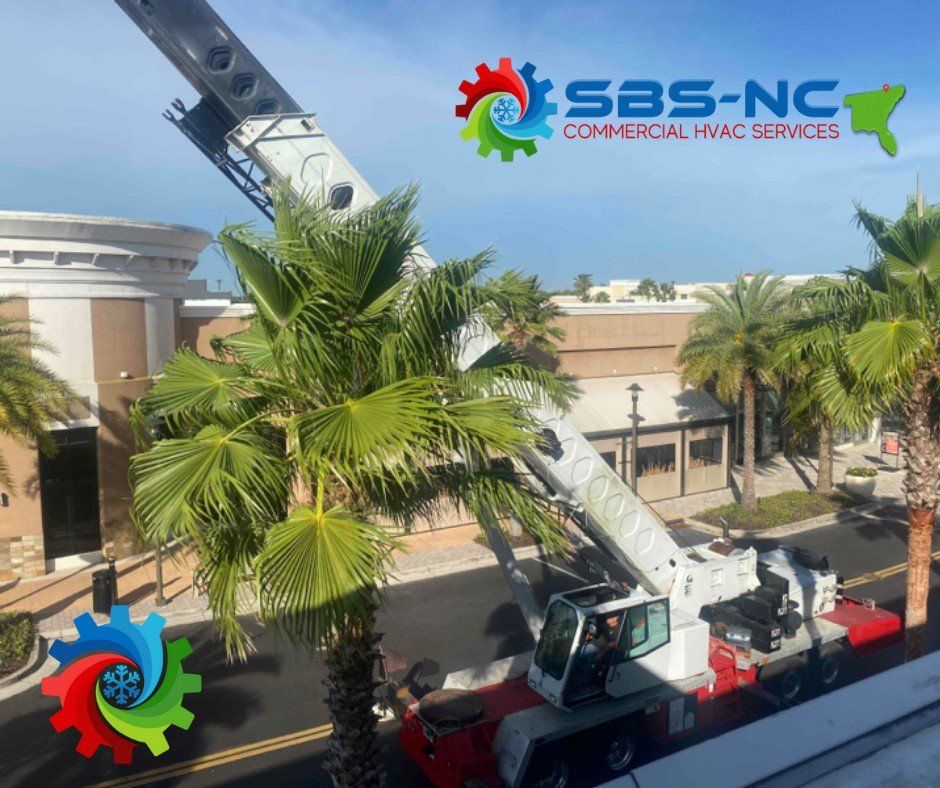
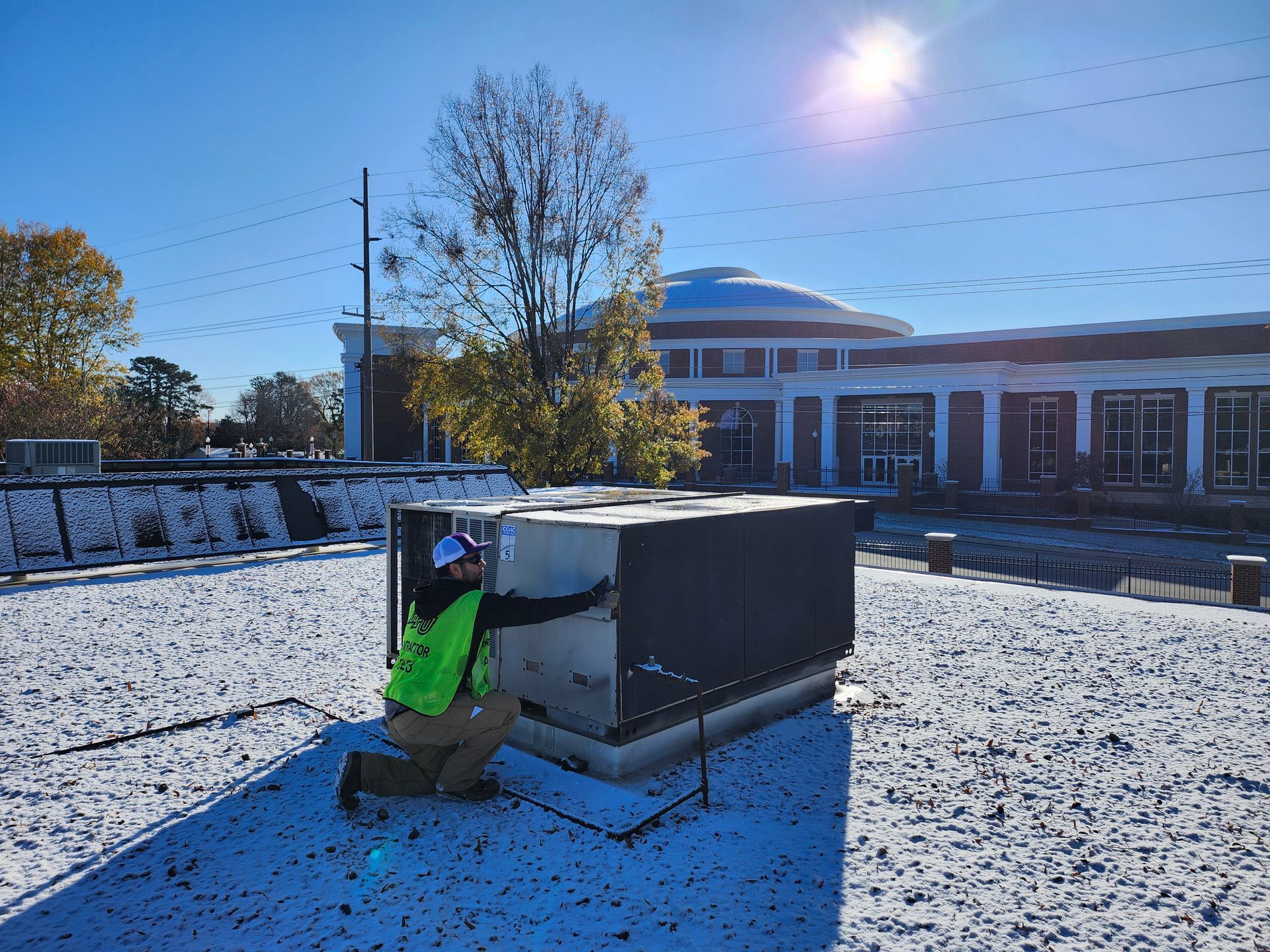

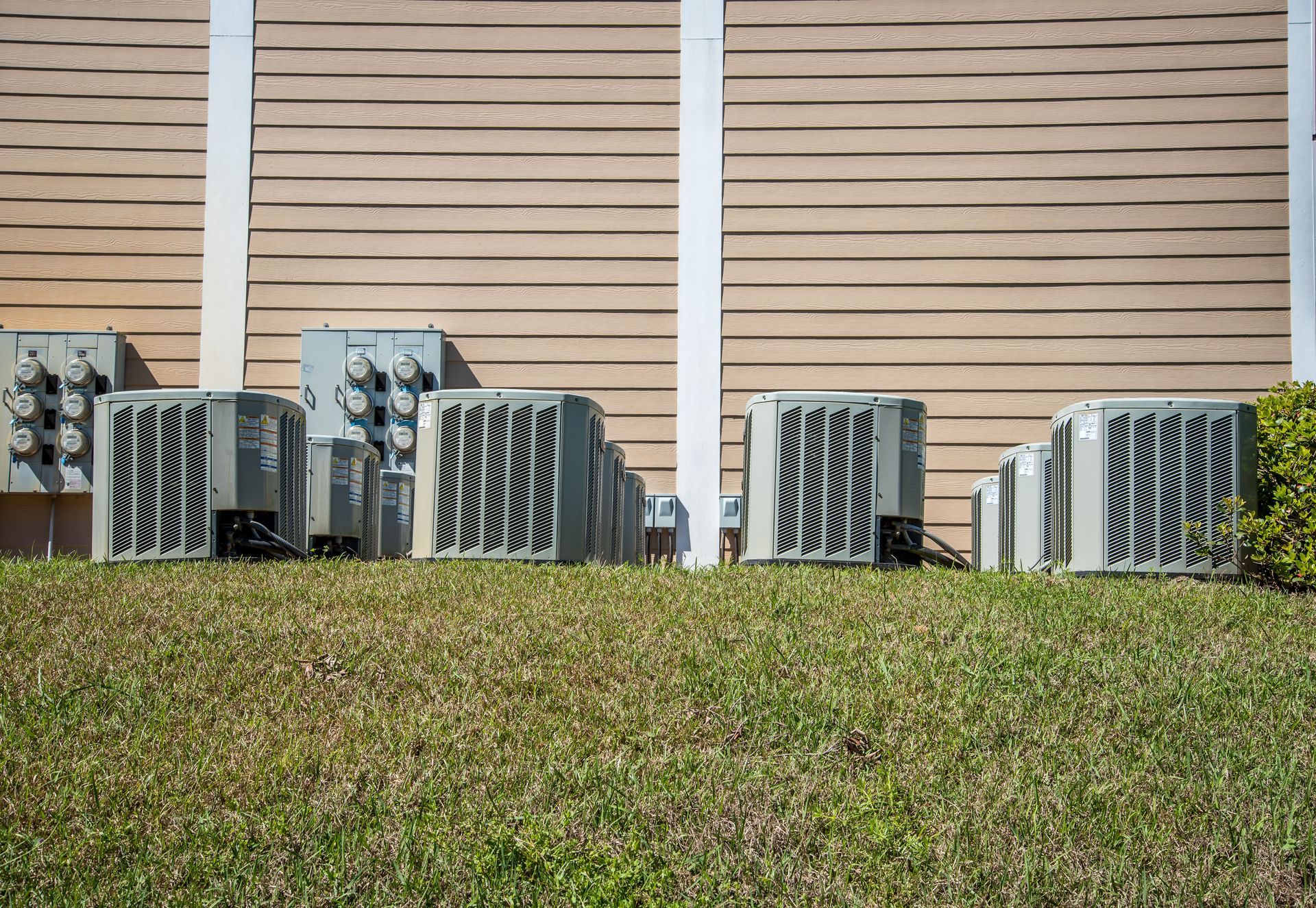
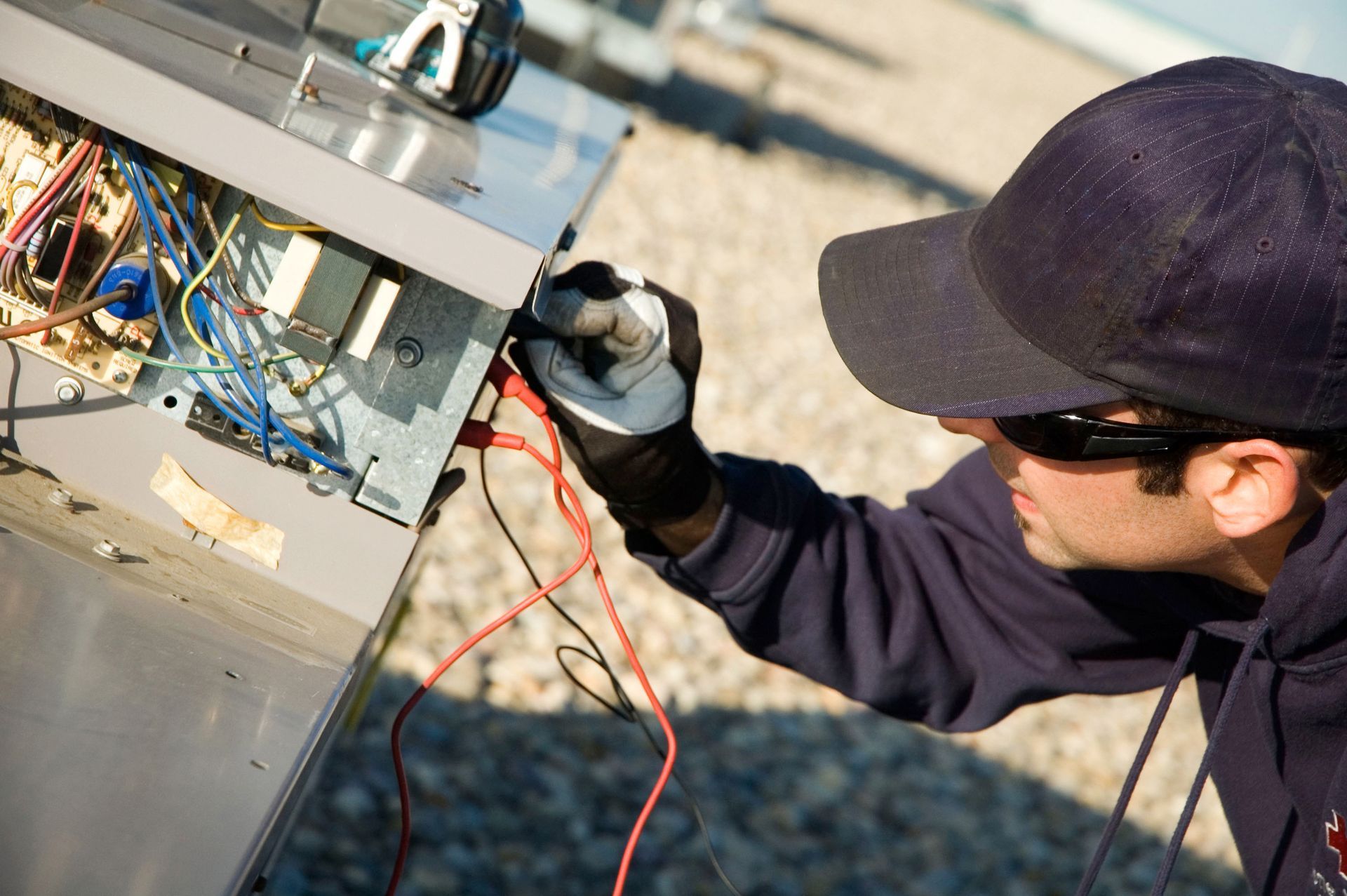
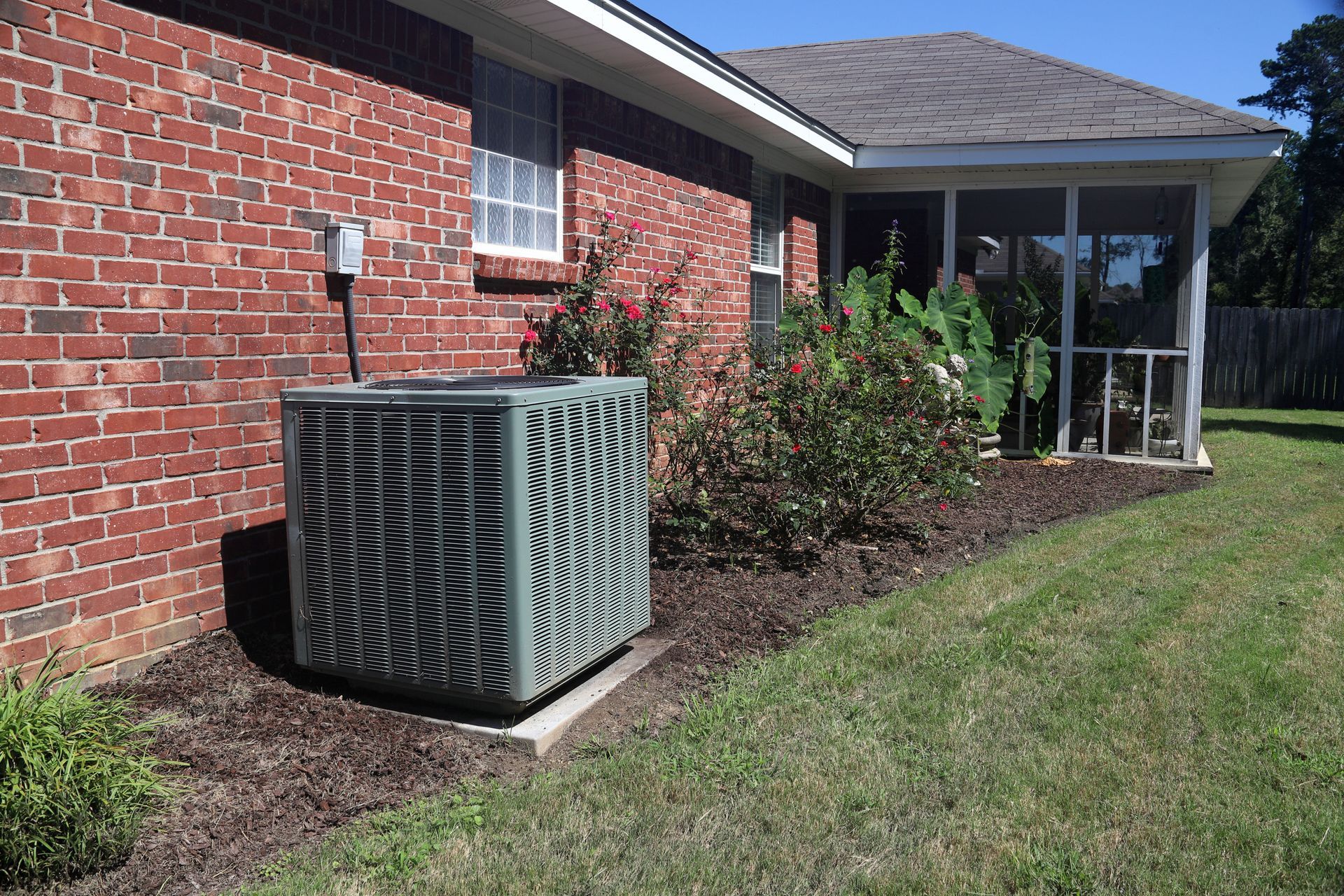
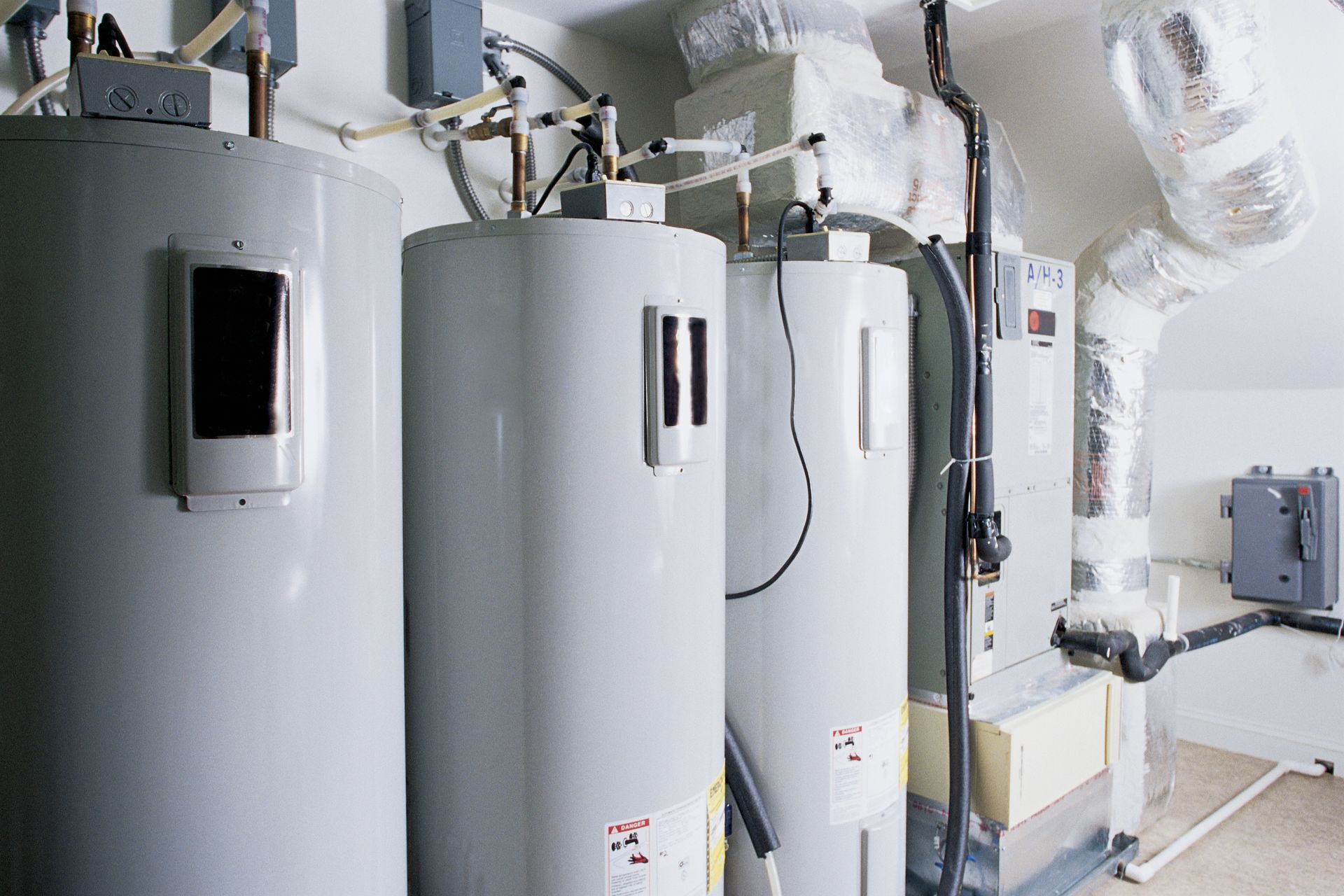
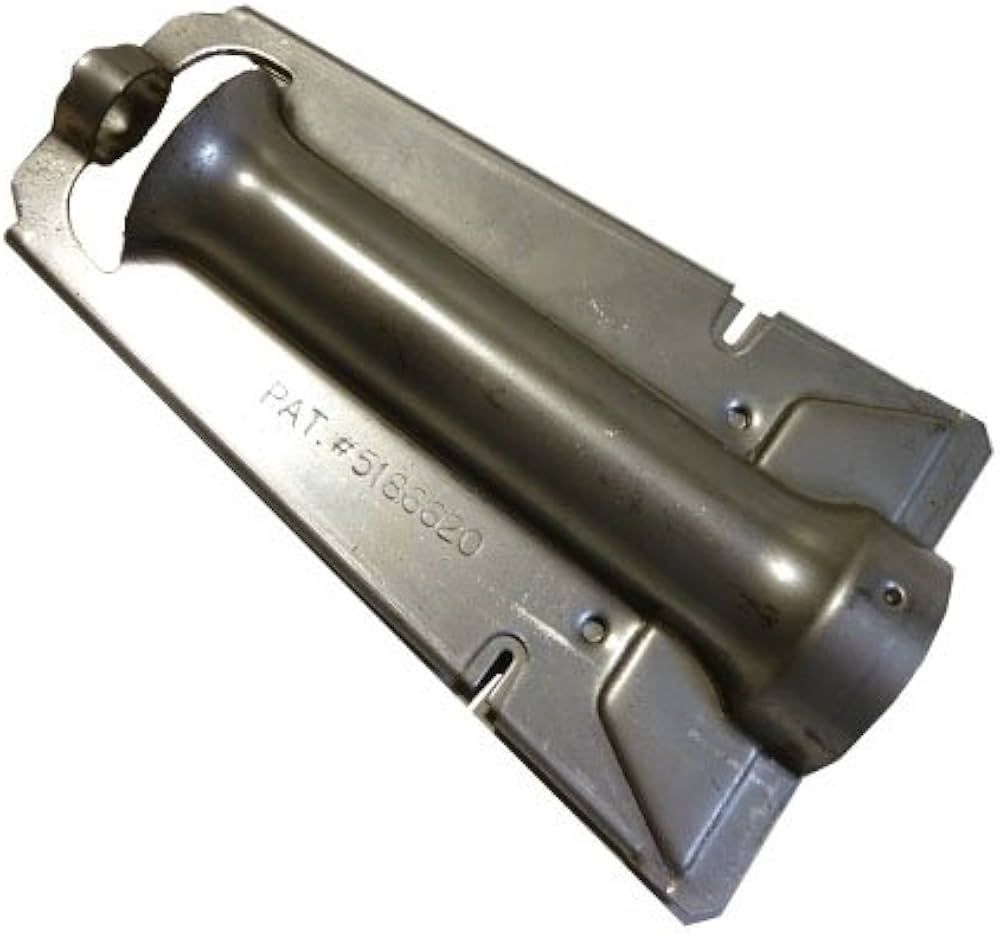
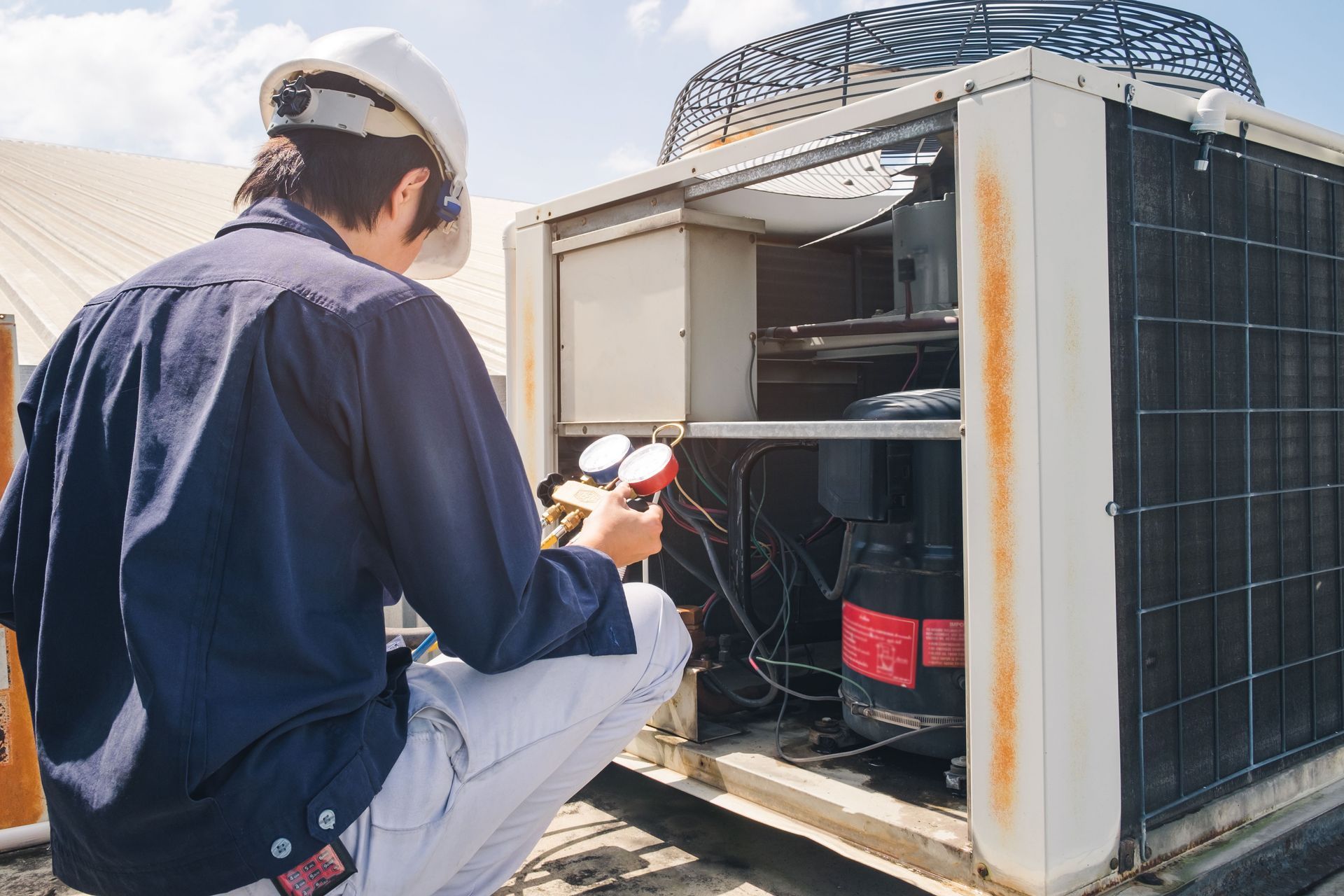
Share On: